Ridley Scott’s Lost Dune Script Found: 'I Don't Think It Would’ve Made Fans Happy'
Ridley Scott's Lost Dune: Unveiling a 40-Year-Old Script
This week marks four decades since David Lynch's Dune premiered, a box office flop that has since cultivated a devoted cult following. This stands in stark contrast to Denis Villeneuve's recent big-screen adaptation of Frank Herbert's seminal novel. Ridley Scott's involvement, before Lynch took the helm, has remained largely shrouded in mystery—until now.
A 133-page draft of Scott's abandoned Dune script, penned by Rudy Wurlitzer in October 1980, has surfaced. This discovery, thanks to T.D. Nguyen's research within the Coleman Luck archives at Wheaton College, provides unprecedented insight into Scott's vision.
Frank Herbert's initial two-part screenplay, while faithful, proved cinematically unwieldy. Scott, after reviewing it and selecting a handful of scenes, enlisted Wurlitzer for a complete rewrite. This version, like its predecessors and Villeneuve's, was clearly conceived as the first installment of a two-part epic.
Wurlitzer himself described the project as incredibly challenging, requiring extensive outlining before the final script was written. He aimed to capture the essence of the book while infusing a unique sensibility. Scott later confirmed the script's quality, calling it "pretty fucking good."
Several factors contributed to the project's collapse: Scott's grief following his brother's death, his reluctance to film in Mexico (De Laurentiis's demand), escalating budget concerns exceeding $50 million, and the allure of Universal's Blade Runner project. However, Universal executive Thom Mount cited a lack of unanimous enthusiasm for Wurlitzer's script as a pivotal factor.
Was the adaptation flawed cinematically or simply too dark, violent, and politically charged for mainstream success? A detailed analysis of the script allows readers to draw their own conclusions.
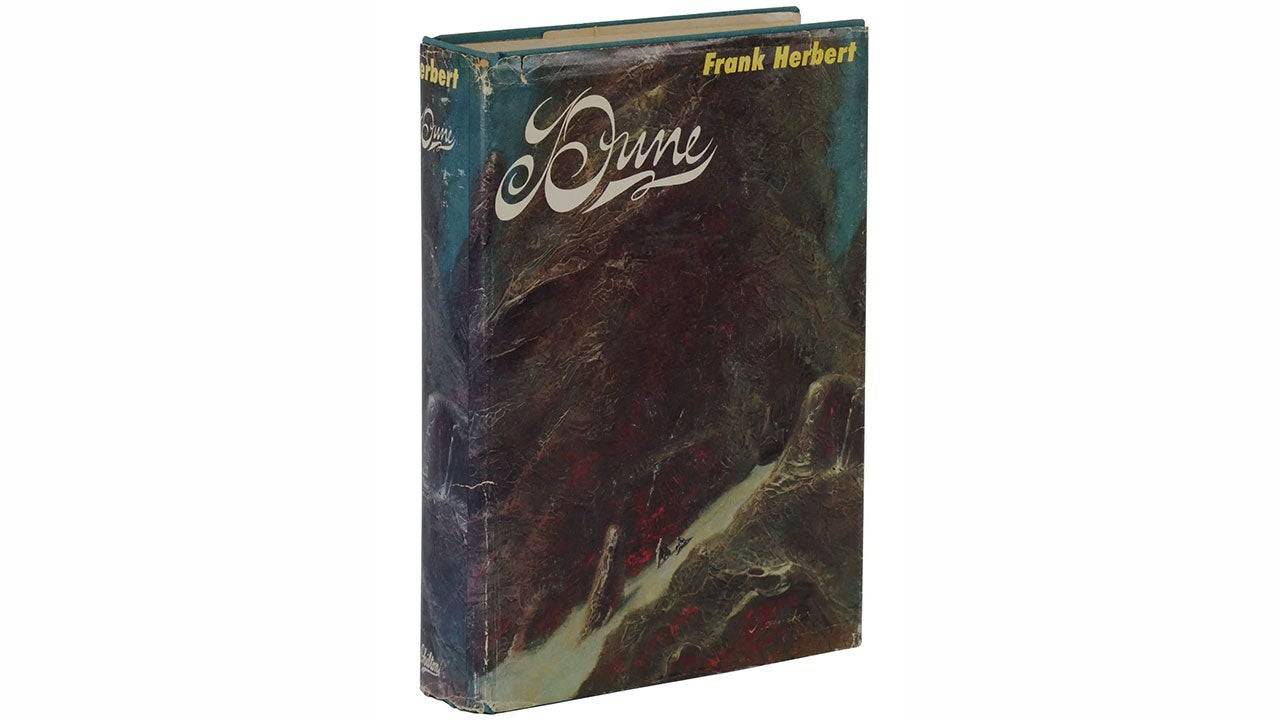
A Reimagined Paul Atreides
Wurlitzer's script opens with a dream sequence depicting apocalyptic armies, foreshadowing Paul's destiny. The visual descriptions, reminiscent of Scott's signature style, are richly evocative. Unlike Timothée Chalamet's portrayal, this Paul is a seven-year-old, undergoing a trial by the Reverend Mother. The scene intercuts Paul's and Jessica's recitations of the Litany Against Fear, highlighting their psychic bond. While Lynch's version featured imagery of a burning hand, Wurlitzer's version clarifies this as a hallucination.
This Paul displays a "savage innocence," actively taking charge. The script even includes a flash-forward showcasing his transformation into a master swordsman by age 21, surpassing Duncan Idaho (who replaces Gurney Halleck). This assertive Paul contrasts with Lynch's more vulnerable depiction.
The Emperor's Demise and Shifting Power Dynamics
The script introduces a crucial plot twist: the Emperor's death. This event, not present in the novel, serves as the catalyst for the story's unfolding events. The Emperor's death is revealed during a poignant scene where a gardener prostrates himself before the rain, announcing the Emperor's passing. The scene cuts to the Emperor's funeral, where the deceased ruler designates Duke Leto Atreides as the new ruler of Arrakis. This sets the stage for the conflict with Baron Harkonnen, who proposes a division of Arrakis' spice production, a proposal rejected by the Duke. A key line, nearly identical to one in Lynch's film, highlights the importance of spice control: "Who controls Dune controls the Spice, and who controls the Spice controls the Universe."
The Guild Navigator and Arrakis
The script depicts the Guild Navigator as an elongated, humanoid creature, floating in a transparent container—a striking visual. The Navigator's method of plotting the Heighliner's course through musical intonations to "Engineers" is another intriguing element.
The Atreides' arrival on Arrakis is depicted with a medieval aesthetic, emphasizing swords and feudal customs. Liet Kynes' introduction of Chani highlights the ecological devastation caused by spice harvesting. The family's ornithopter flight through the desert, culminating in a sandworm attack, echoes the dystopian cityscapes of Blade Runner.
Arakeen is portrayed as a squalid city with stark class divisions, mirroring the urban decay depicted in Gillo Pontecorvo's The Battle of Algiers. A bar fight scene, featuring Paul and Duncan, feels somewhat out of place, showcasing Paul's early invincibility. This scene leads to an encounter with Stilgar, who decapitates a Harkonnen agent.
Jessica's meditation scene emphasizes her Bene Gesserit powers, and the night she and the Duke conceive Alia is made explicit.
The Attack on the Atreides and the Desert Escape
Dr. Yueh's betrayal is depicted with a tender moment of regret before he poisons the Duke. Paul's encounter with a bat-like Hunter-Seeker, a biological variation on the traditional mechanical device, is a standout scene. The ensuing battle with Harkonnen Death Commandoes is brutal, resulting in the deaths of Leto and Duncan. Jessica administers poison to the dying Duke before their escape.
Paul and Jessica's desert flight is intense, culminating in a crash landing and a perilous journey. Paul's encounter with a sandworm mirrors Villeneuve's adaptation.
The script notably omits the incestuous relationship between Paul and Jessica, a significant departure from previous versions. This omission was a source of contention with Herbert and De Laurentiis. However, a scene depicts Paul and Jessica lying close together on a sand dune, hinting at their complex relationship.
Their eventual encounter with the Fremen, including the duel with Jamis, mirrors aspects of Lynch's film. Paul's acceptance into the Fremen tribe, his marriage to Chani, and the Water of Life ceremony are key plot points. The ceremony features a shaman with three breasts and a man's genitals, performing an erotic dance with a sandworm. Jessica drinks the Water of Life, merging her aura with the Reverend Mother's.
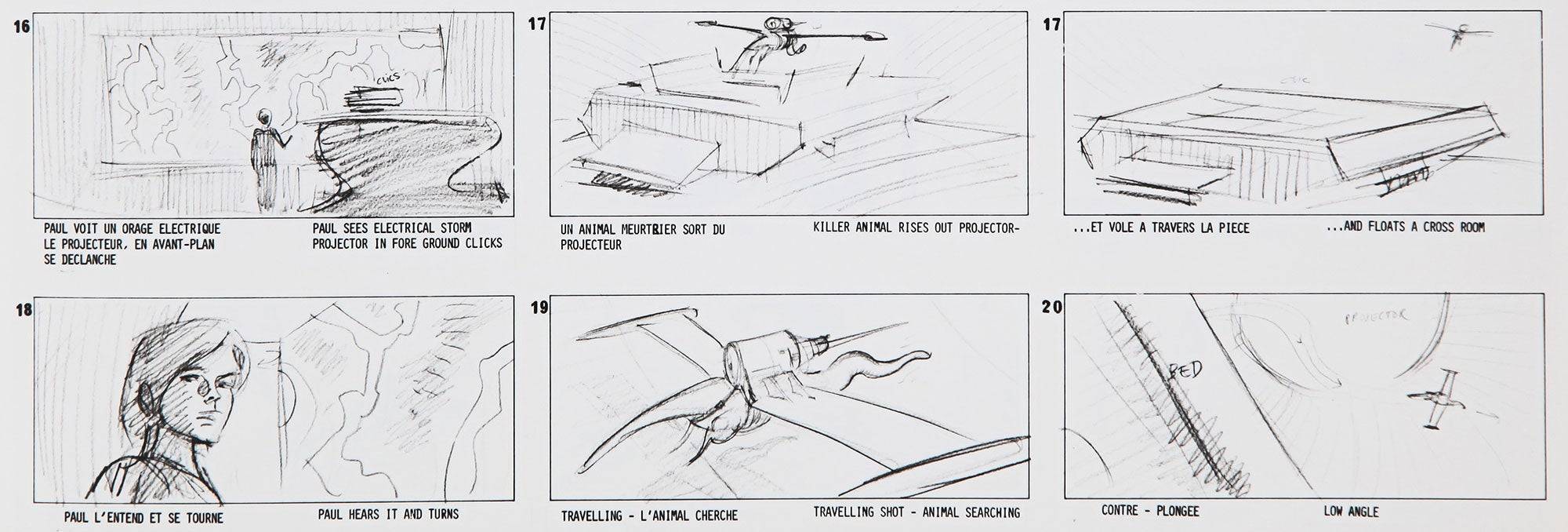
A Different Kind of Messiah
Wurlitzer's script portrays Paul as a more ruthless and ambitious leader, accepting his destiny as a potential dictator. This contrasts with Lynch's and Villeneuve's portrayals, which emphasize Paul's reluctant acceptance of his role. The script's ending, featuring the Water of Life ceremony and Paul's acceptance into the Fremen tribe, sets the stage for a potential sequel.
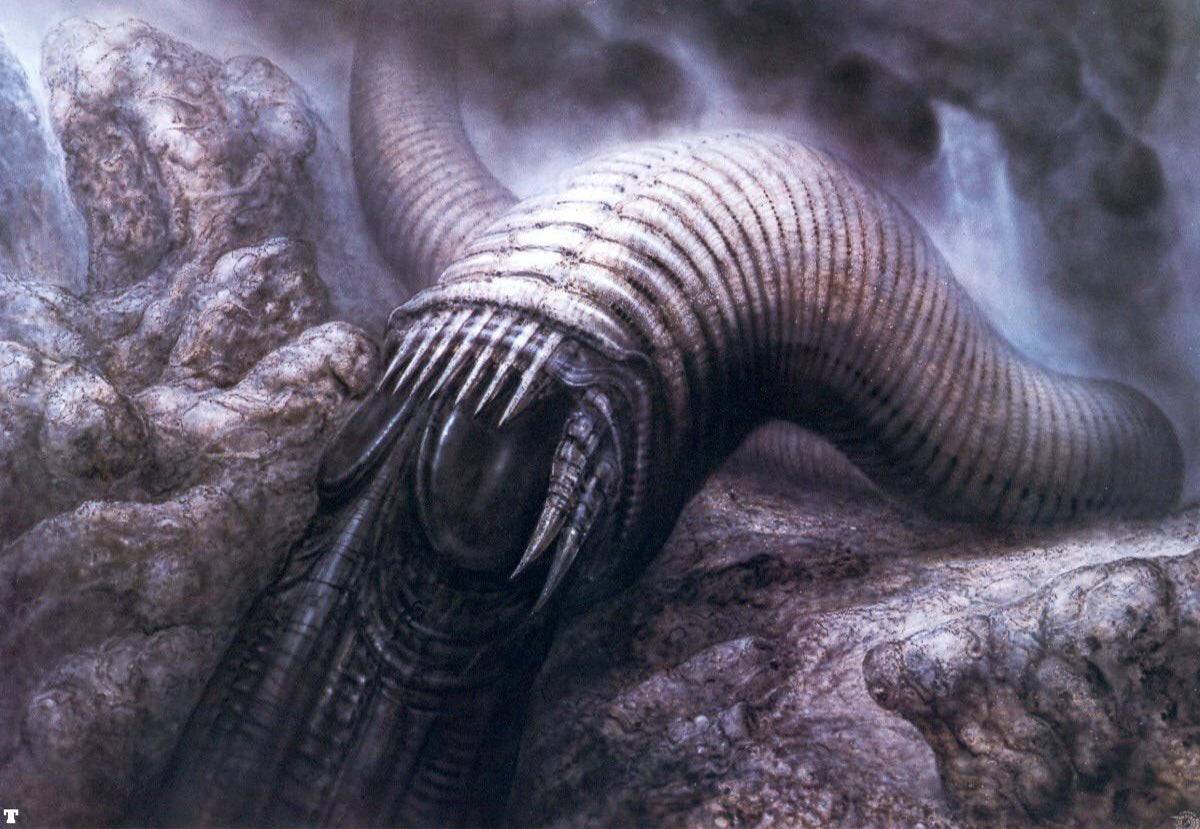
A Lasting Impact
While Scott's Dune never materialized, Wurlitzer's script offers a fascinating glimpse into an alternative adaptation. Its focus on ecological concerns, political intrigue, and spiritual elements provides a unique perspective on Herbert's complex narrative. The script's dark and violent tone, however, likely contributed to its rejection. Despite its failure to reach the screen, the script's influence can be seen in later adaptations and even in Scott's subsequent work. The script's emphasis on ecological themes remains remarkably relevant today.
-
1

Top Streaming Platforms for Live Sports in 2025
Jun 18,2025
-
2

GTA 6 Set for Fall 2025 Release, CEO Confirms
Apr 03,2025
-
3

Roblox: CrossBlox Codes (January 2025)
Mar 04,2025
-
4

First ALGS in Asia Emerges in Japan
Jan 19,2025
-
5
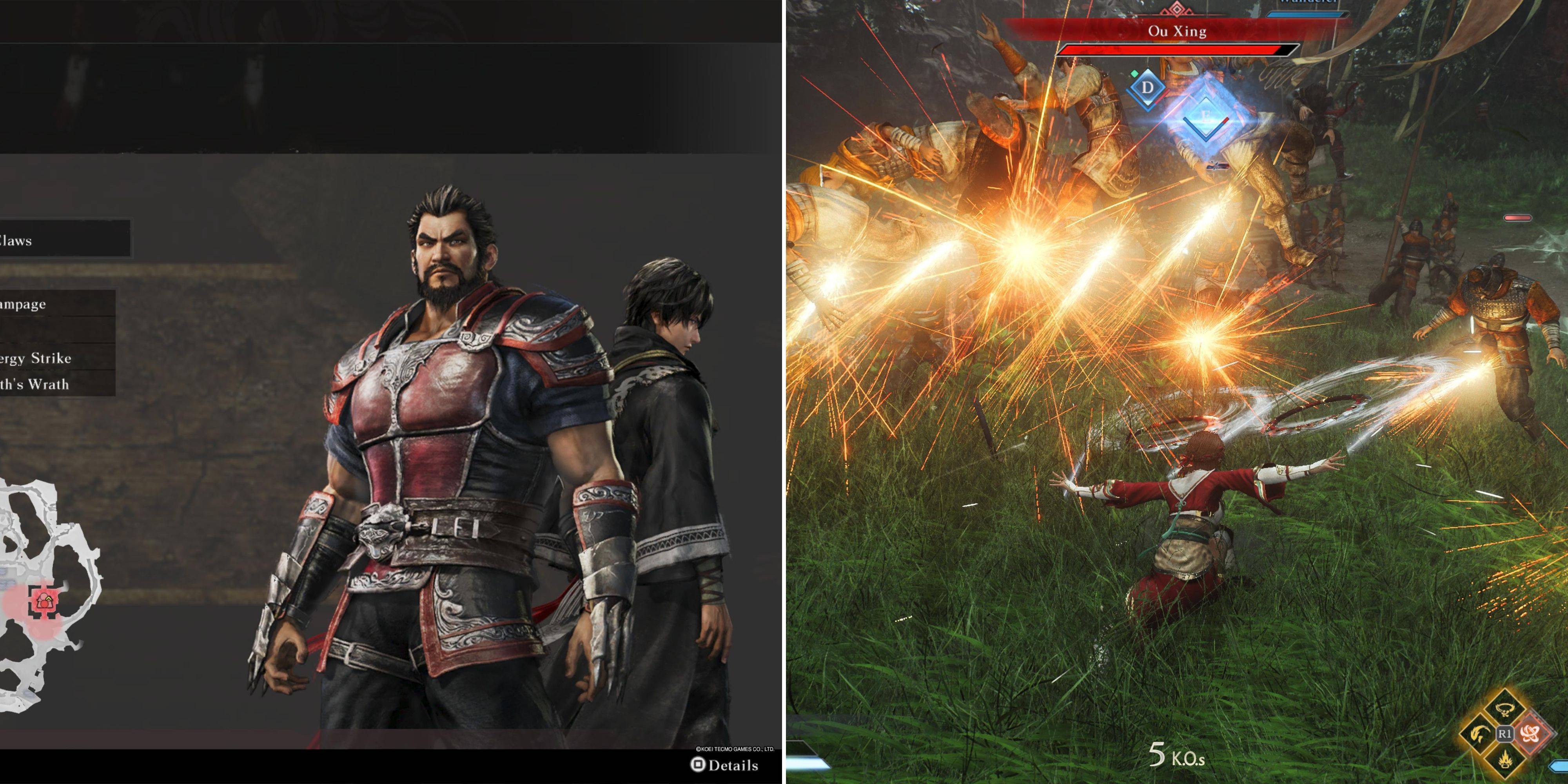
Introducing the Ultimate Guide to Seamless Character Swapping in Dynasty Warriors: Origins
Feb 25,2025
-
6
![Roblox Forsaken Characters Tier List [UPDATED] (2025)](https://img.jdzca.com/uploads/18/17380116246797f3e8a8a39.jpg)
Roblox Forsaken Characters Tier List [UPDATED] (2025)
Mar 05,2025
-
7
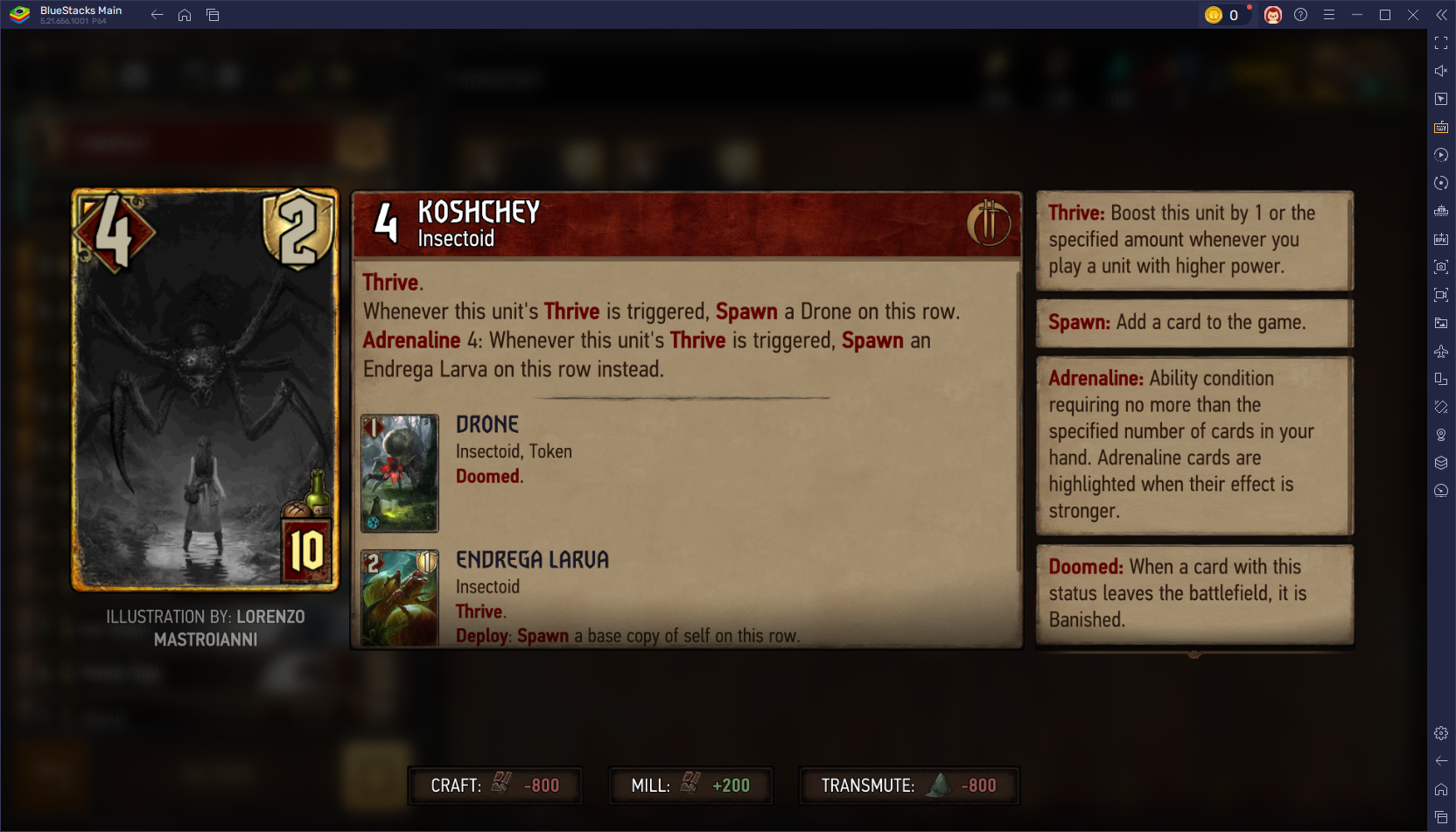
Gwent: Top 5 Witcher Decks (2025 Update)
Mar 13,2025
-
8
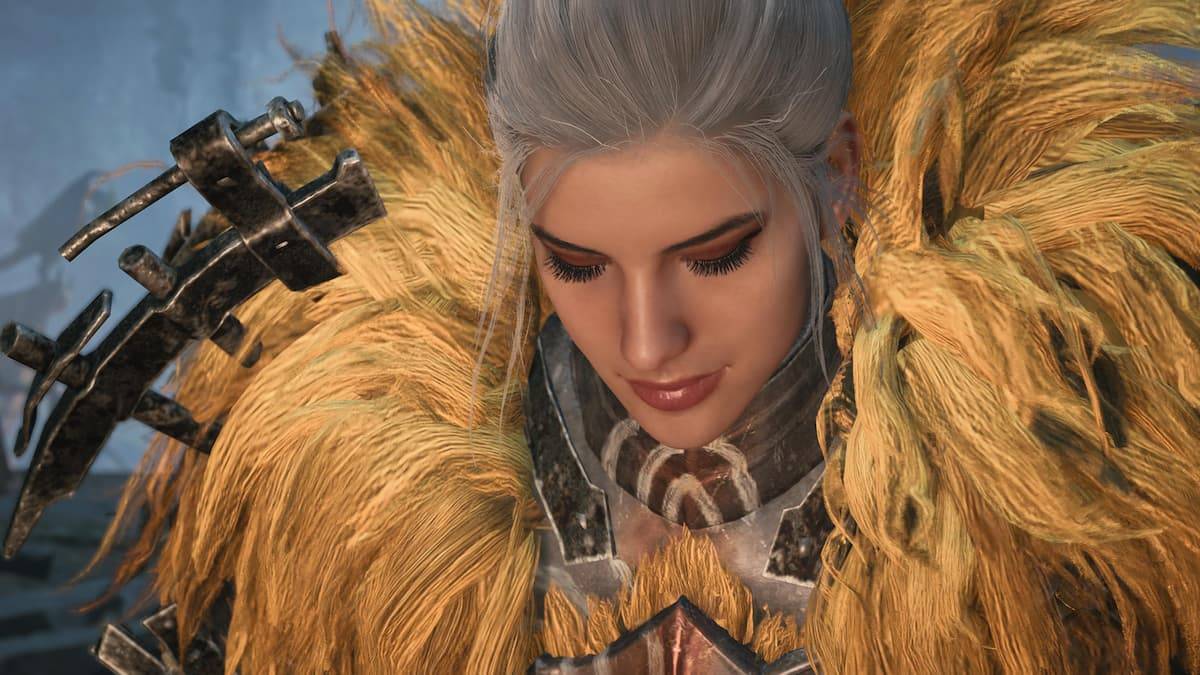
Max Hunter Rank in Monster Hunter Wilds: Tips to Increase
Apr 04,2025
-
9

Cute mobs in Minecraft: pink pigs and why they are needed
Mar 06,2025
-
10

Capcom Spotlight Feb 2025 Showcases Monster Hunter Wilds, Onimusha and More
Apr 01,2025
-
Download

Portrait Sketch
Photography / 37.12M
Update: Dec 17,2024
-
Download

Friendship with Benefits
Casual / 150.32M
Update: Dec 13,2024
-
Download

F.I.L.F. 2
Casual / 352.80M
Update: Dec 20,2024
-
4
[NSFW 18+] Sissy Trainer
-
5
Pocket Touch Simulation! for
-
6
슬롯 마카오 카지노 - 정말 재미나는 리얼 슬롯머신
-
7
Chubby Story [v1.4.2] (Localizations)
-
8
Life with a College Girl
-
9
Shuffles by Pinterest
-
10
Hunter Akuna














